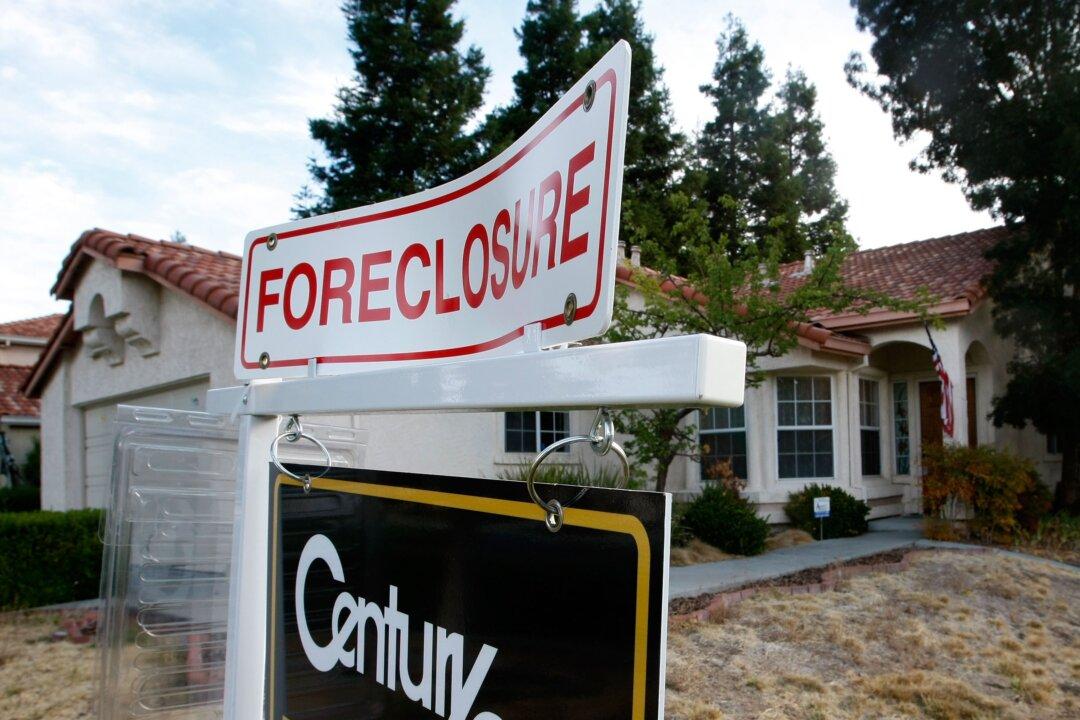When you run into trouble making your monthly mortgage payments, you may need to think twice about letting the house go into foreclosure. It may be better for you to find a way to get more income or have a short sale rather than facing the possible tax implications that come with losing your home this way.
In some cases, forgiven mortgage debt may be subject to taxes. Nolo reveals that most people who experience a foreclosure or short sale will not owe a tax liability through 2025. When a foreclosure occurs, the Internal Revenue Service (IRS) treats it as if you sold the property.






